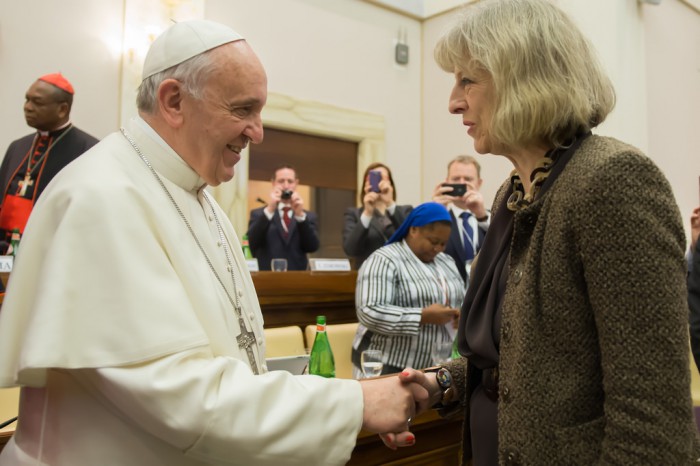6th August 2015
Modern Slavery and the UK


The UK’s Modern Slavery Act came into force on 31 July This landmark legislation brought into law some important new provisions. These include mechanisms to seize traffickers assets and use those funds to help compensate victims, prevention orders to ensure that those who pose a risk of committing modern slavery offences cannot work sectors where they will be in contact with vulnerable people such as children, a statutory defence for victims of slavery or trafficking forced to commit criminal offenses, and the provision of child trafficking advocates. It also established an Independent Anti-Slavery Commissioner, with a remit to work across the UK to coordinate the efforts of law enforcement agencies, local authorities and other organisations. The first Commissioner is Kevin Hyland, previously the head of the Metropolitan Police’s Human Trafficking Unit, who has great experience in working with slavery victims and prosecuting traffickers. In addition, the British Prime Minister, David Cameron announced last week that all UK companies with a turnover of over £36 million would be required to publish an annual slavery and human trafficking statement, which must describe the steps they have taken to ensure that slavery and human trafficking is not taking place in any of their supply chains or their own business.
Modern slavery is an international problem, and it needs an international solution. Pope Francis described it as “a crime against humanity”, and the work of the Holy See has been key in raising global awareness. The elimination of the trade requires greater cooperation between countries and authorities, better education for those at risk of being taken away and exploited (and their families), easier repatriation and resettlement of victims, and more control and policing of supply chains. Governments, businesses,faith leaders, NGOs and individuals all have their roles to play.
The Santa Marta Group, launched in April 2014 by the Home Secretary at a conference organised by the Catholic Bishops Conference of England and Wales (CBCEW), and which brought together law enforcement authorities from both source and destination countries, paved the way for concrete cooperation. The joint work between the CBCEW and the London Metropolitan Police on assisting victimshas been hailed as an example to follow.
As the Prime Minister has said, “The scourge of human trafficking has no place in today’s society”. The ILO has estimated that there are about 21 million slaves in the world today – 21 million good reasons to take firm and effective action globally.
